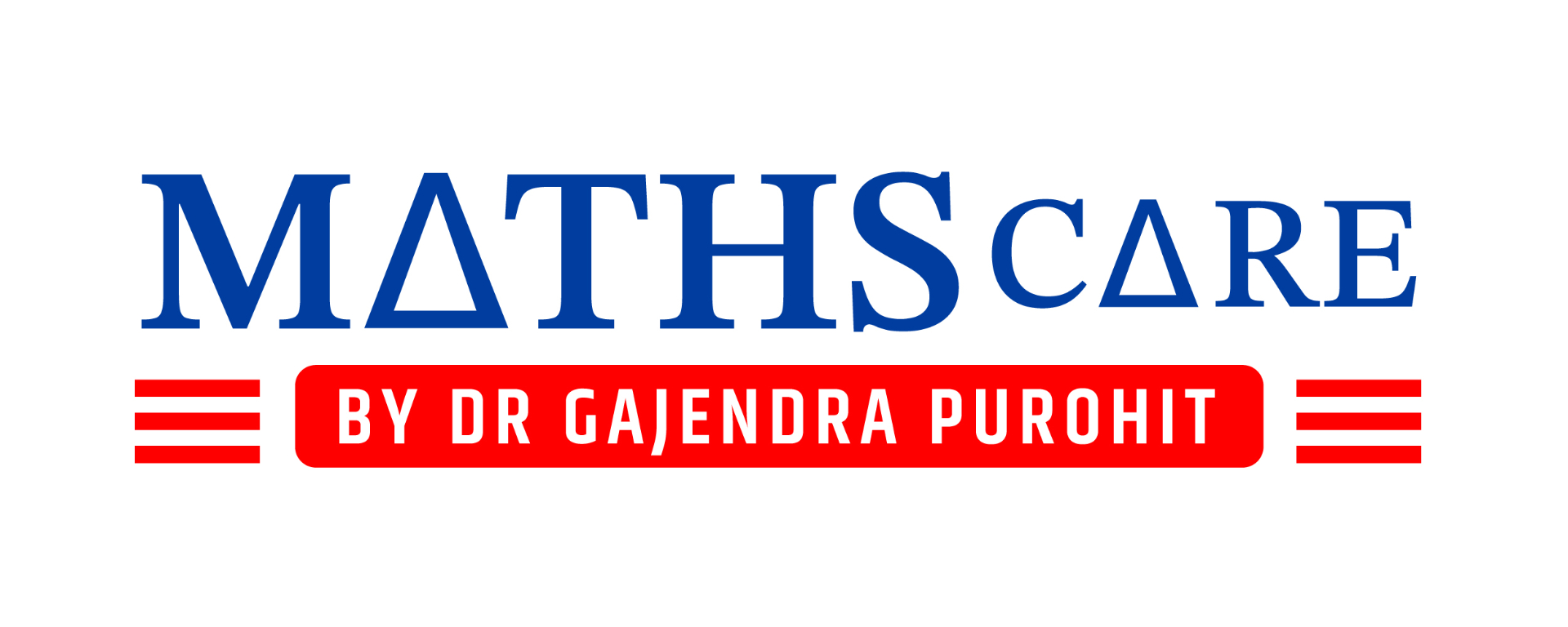Music and Mathematics
Music and Mathematics
Where math and music meet in the brain
According to several studies, music engages the same brain areas that people employ when solving spatial-temporal reasoning difficulties. Using specific music and sounds may help to activate one hemisphere more than the other and maybe create greater balance in the brain, according to considerable study and knowledge that certain types and frequencies of sound are processed differently by the two hemispheres of the brain. As a result, music could help students improve their cognition and capacity to master math abilities. As a result, music could help students improve their cognition and capacity to master math abilities. One study from 2012 found that listening to music while taking a math test improved performance by 40%.
Listening to music may improve math skills and cognition
A large body of evidence demonstrates that listening to music can boost cognitive abilities. Recent research suggests that the Mozart Effect, as it is known, has less to do with Mozart and more to do with listening to music that activates a certain part of the brain. For the right side, classical music and minor tones, and for the left side, upbeat and major tones. Dr. Robert Melillo has collaborated with a composer throughout the years to create a line of music that focuses on strengthening each hemisphere.
Performing Music Teaches Valuable Lessons to Students
While listening to music that you appreciate can help you enhance your cognition and numeracy skills, performing music has more benefits. Because all music is math at some level, learning music enhances arithmetic skills. It’s all about beats per minute, time signatures, and formulaic progressions. As a result, performing music strengthens the areas of the brain that are involved in math. Children who play instruments are even better at solving hard mathematical problems than their counterparts who do not play instruments, according to studies.
Students who dedicate themselves to learning an instrument may also gain other skills that may aid their academic performance. Scaling requires a lot of patience, and students who apply that same patience to their education will have an advantage over those who don’t. Fine motor abilities are important.
Taking the time to enjoy music is a treat in and of itself. That time could also boost math and academic abilities for teachers and parents who are striving to help youngsters succeed.



